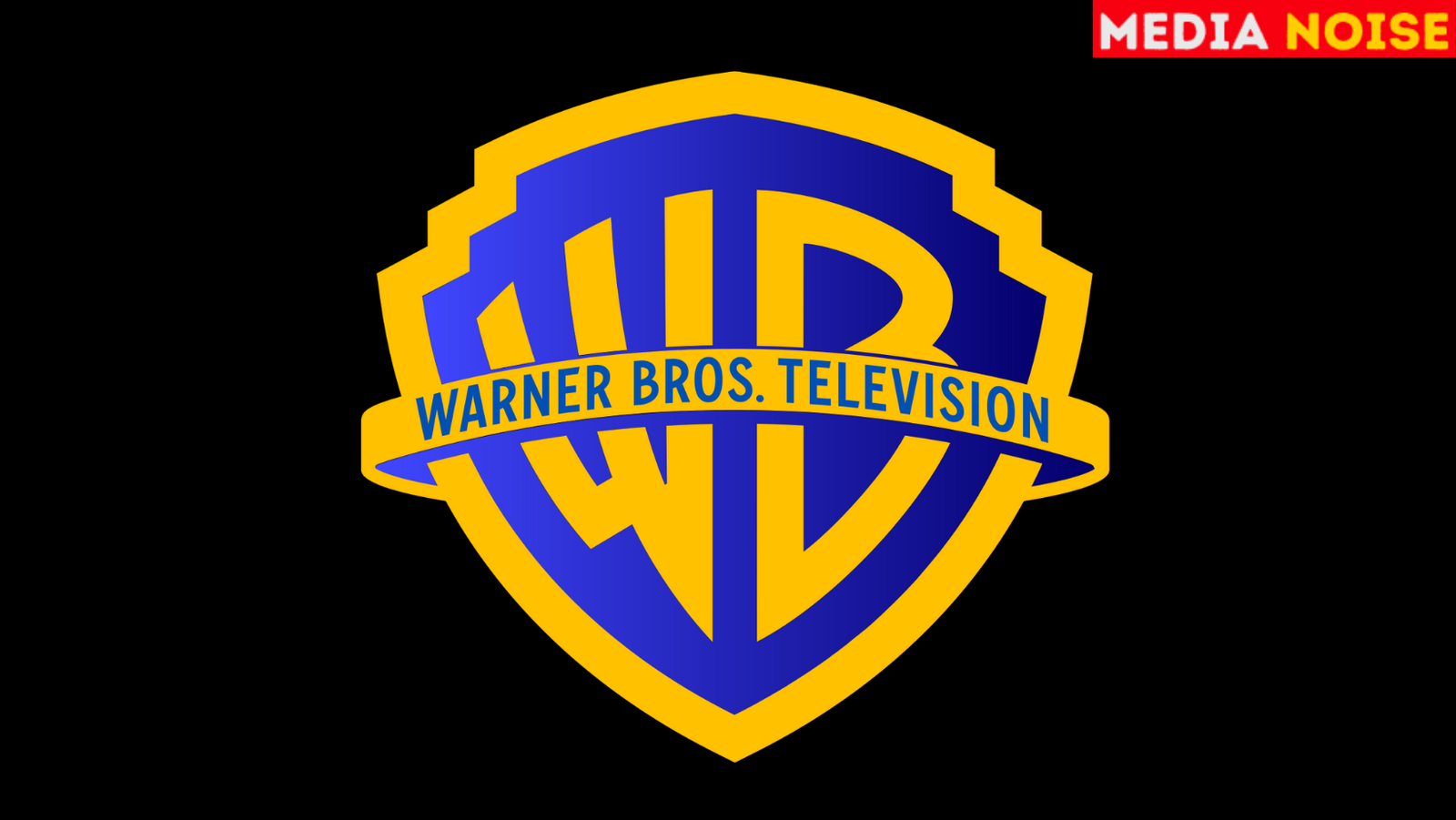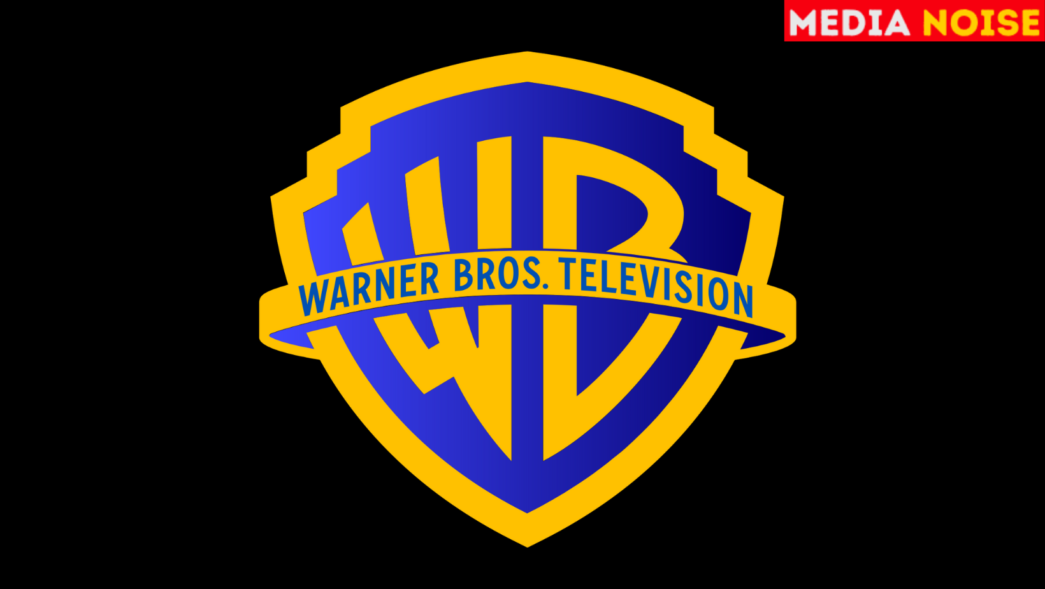New Delhi: In a move that could potentially lead to a significant breakup, Warner Bros. Discovery announced on Thursday, December 12th, that it will be splitting its television networks, streaming, and studio operations into two distinct units. This strategic decision comes as the media giant seeks to optimize profitability and streamline its operations in an increasingly competitive market.
Under the new corporate structure, the TV business will prioritize maximizing profitability and free cash flow. This unit will likely encompass the company’s extensive portfolio of cable channels, including CNN, TNT, TBS, and Cartoon Network, among others. By focusing on generating strong financial returns, Warner Bros. Discovery aims to solidify its position in the traditional television landscape.
Conversely, the streaming and studios business will be tasked with driving growth and maximizing returns on invested capital. This division will undoubtedly be anchored by the popular streaming platform HBO Max, which is home to a vast library of films and television shows, including original programming like “House of the Dragon” and “The White Lotus.” Additionally, this unit will oversee the company’s film and television production studios, responsible for creating content that feeds both its streaming service and traditional networks.
ALSO READ: Sony Sports Network Secures Three-Year Deal to Broadcast Hockey India League
This restructuring closely follows a similar move by rival Comcast, which recently revealed plans to spin off its NBCUniversal cable television networks into a separate publicly traded company. This new entity will include popular channels like USA Network, CNBC, MSNBC, and SyFy, along with digital assets such as Fandango and Rotten Tomatoes.
Industry analysts suggest that these reorganizations reflect a broader trend in the media landscape, as companies seek to adapt to the evolving consumption habits of audiences. With the rise of streaming services and cord-cutting, traditional television networks face increasing pressure to maintain profitability. By separating their streaming and studio operations, Warner Bros. Discovery and Comcast aim to create more agile and focused businesses that can effectively compete in the rapidly changing media environment.
The long-term implications of Warner Bros. Discovery’s restructuring remain to be seen. However, this strategic move signals a significant shift in the company’s approach to its television and streaming businesses, potentially paving the way for future divestitures or mergers as the media landscape continues to evolve.













